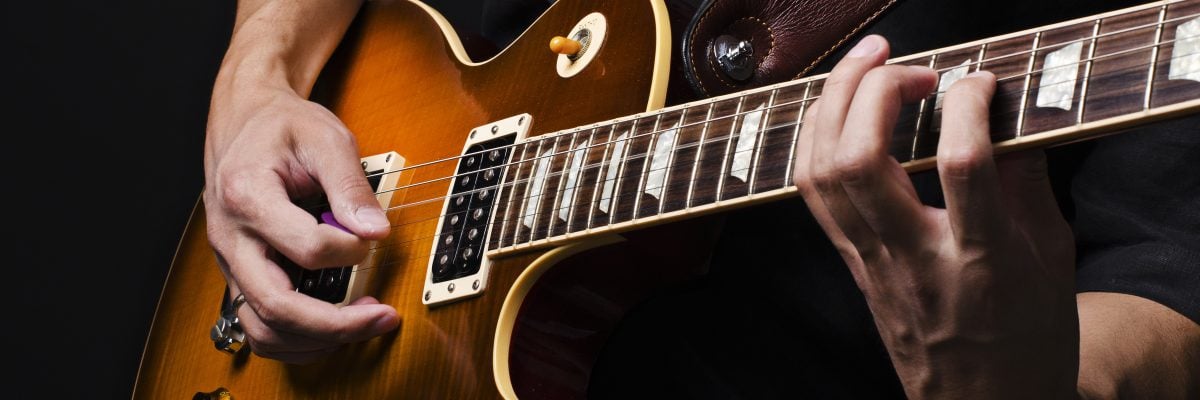
I’ve been playing in rock bands since about 1987, when my father bought me my first guitar. At the time, I was heavily influenced by heavy metal musicians.
Running in these circles for many years, it was not unusual to encounter stories of an oppressive medieval Catholic Church. In fact, many a heavy-metal band wrote songs about this, and the leather-clad faithful were only too happy to assume the stories were true.
Recently, I watched a documentary on the Canadian heavy metal band, Anvil. At one point in the film, the two founding band members recalled their first composition titled “Thumb Hang,” which was supposedly based on a form of torture used by Catholic clergy during the Inquisition.
Of course, no torture like this was ever used. This tale probably comes from what is known today as the “Black Legend.”
One of the more popular stories I encountered about the Church while I was a teenager concerned a certain interval in music known as the Tritone or Flatted Fifth.
At the ComiCon in New York City on October 11, 2012, Kirk Hammett, lead guitar player for Metallica, commented on this movement:
During like the 16th/17th century, the Vatican outlawed it because they called it, uh, the ‘movement of the devil’ or ‘the devil in music’ and you weren’t allowed to write music that had that movement in it…the flatted fifth.
Don’t quit your day job, Mr. Hammett
This claim is at least a hundred years too early in the dating of the term “devil in music,” and there is no evidence that it originates with the Vatican as he seems to imply.
According to one author from the BBC News Magazine:
Many believe that the Church wanted to eradicate the sounds from its music because it invoked sexual feelings, or that it was genuinely the work of the Devil. It is a mythology much beloved of long-haired guitar wizards.
Where did the title come from?
The title “Devil in music” (diabolus in musica) has been applied to the interval from at least the early 18th century. Writers from this time, including Johann Joseph Fux, Georg Philipp Telemann, and Johann Mattheson describe it that way.
The latter of these two authors wrote that the designation “The Devil in Music” comes from the past, but they don’t tell us exactly when or appeal to any primary sources. The truth is that there is no historical evidence to suggest that it originated in the Middle Ages as is commonly asserted.
Did the Vatican outlaw this musical movement?
Because of this symbolic association of the flatted fifth with the devil by some in the eighteenth century, the interval came to be heard in Western culture as suggesting an “evil” sound. But this was a cultural phenomenon that had nothing to do with the Catholic Church. In fact, there is no evidence to suggest that the Church punished or excommunicated musicians for invoking the interval in their compositions.
The Vatican did exercise control over music used during the mass, and it does to this day. According to the Vatican II document Musicam Sacram (Instruction on Music in the Liturgy):
It is for the Holy See alone to determine the more important general principles which are, as it were, the basis of sacred music, according to the norms handed down, but especially according to the Constitution on the Liturgy. Direction in this matter, within the limits laid down, also belongs to the competent territorial Episcopal Conferences of various kinds, which have been legitimately constituted, and to the individual bishop. (paragraph 12)
Music in the mass is meant to enhance worship. Therefore, certain types of music are just not conducive to the experience. Hardcore death metal, for example, would be a distraction by calling attention to the musicians and away from what is happening in the mass (not to mention the unsavory lyrics that frequently accompany the genre).
This is the domain of the Church, and as a practicing Catholic I am happy to leave the issue to its discretion. I can enjoy really loud rock music in my garage on my own time.
One thing I know for sure is that I won’t be taking any history lessons or life advice from long-haired guitar wizards.



